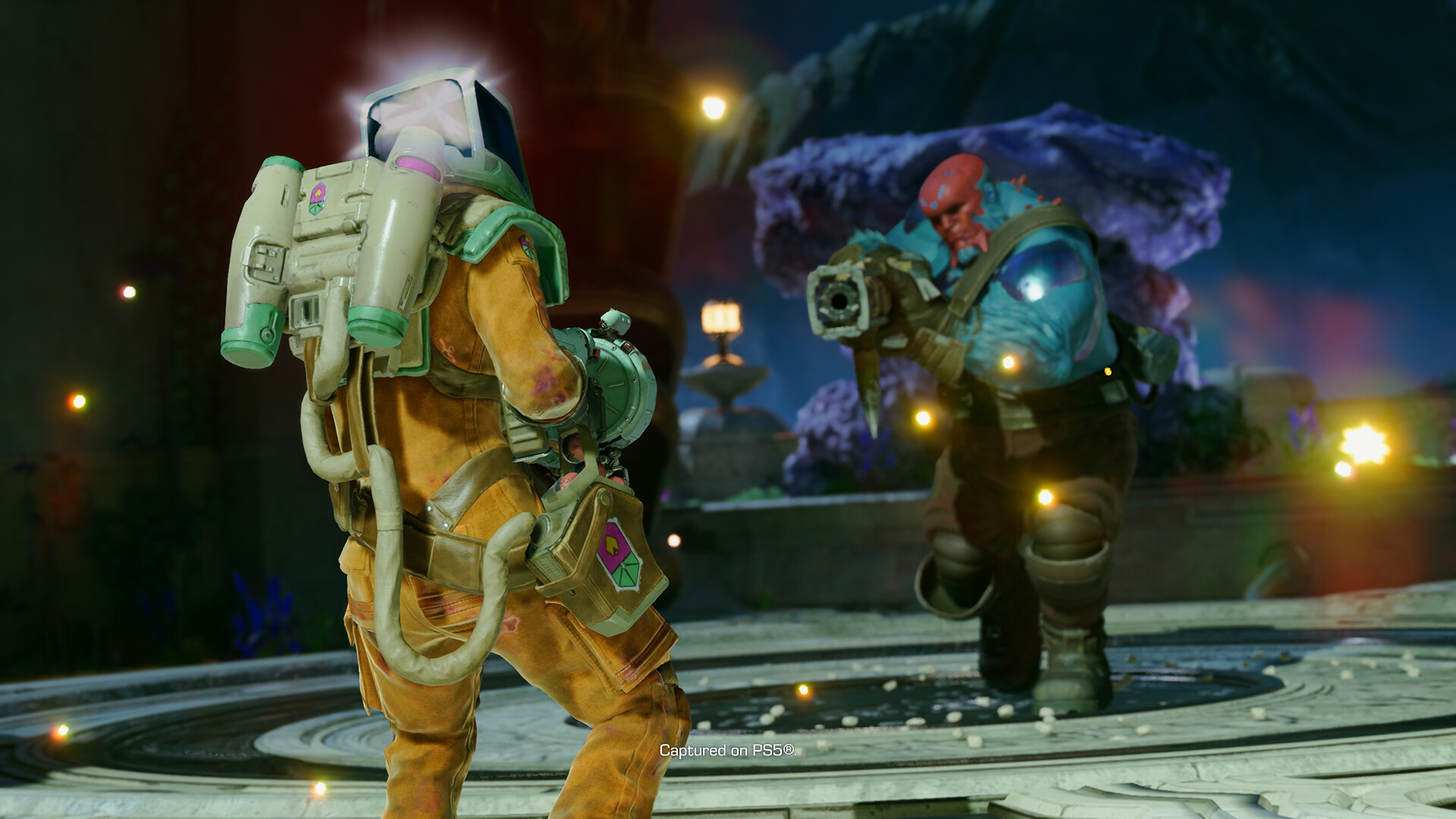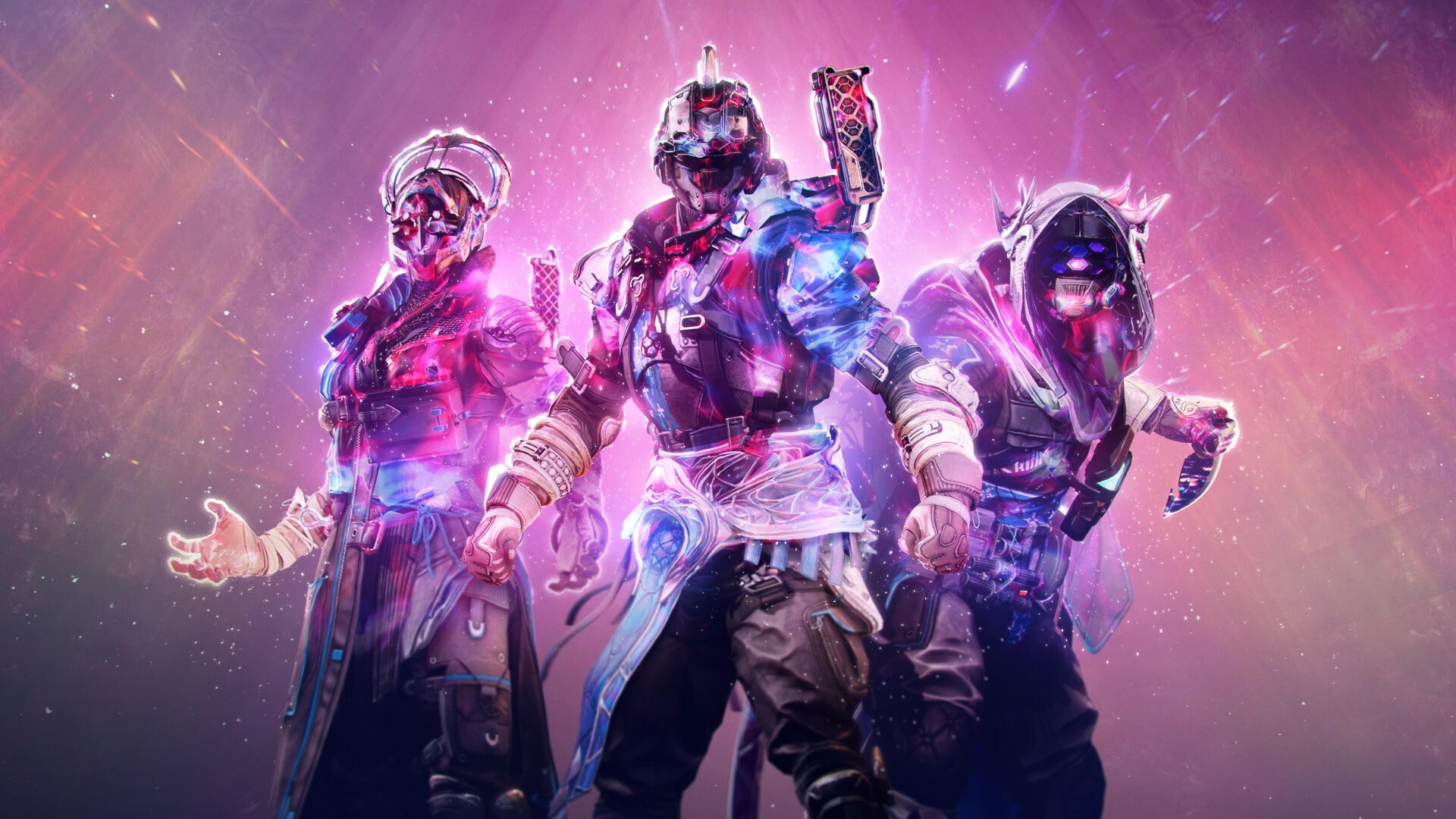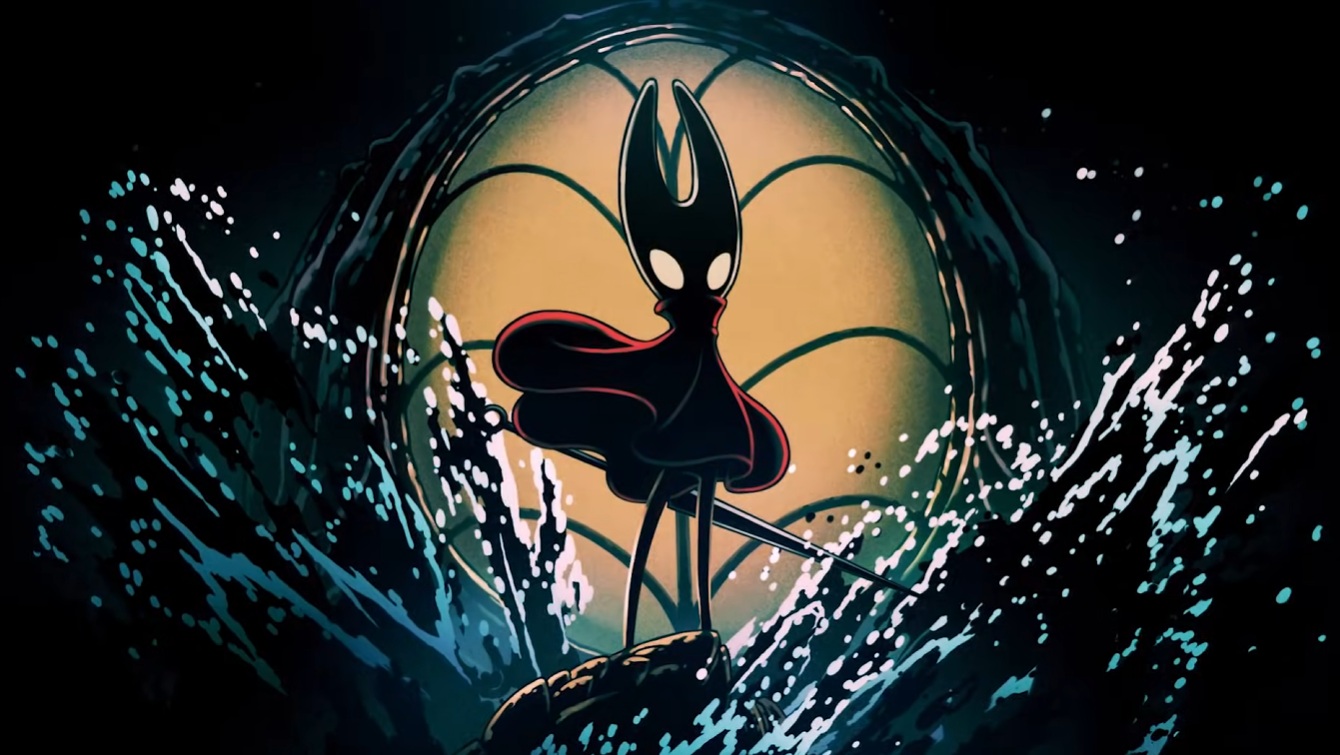"I know none of this is easy news to hear, particularly with colleagues and friends departing SIE." Sony closes two PlayStation studios and shutters Concord for good
The PlayStation maker is shutting down both Neon Koi and Firewalk Studios.
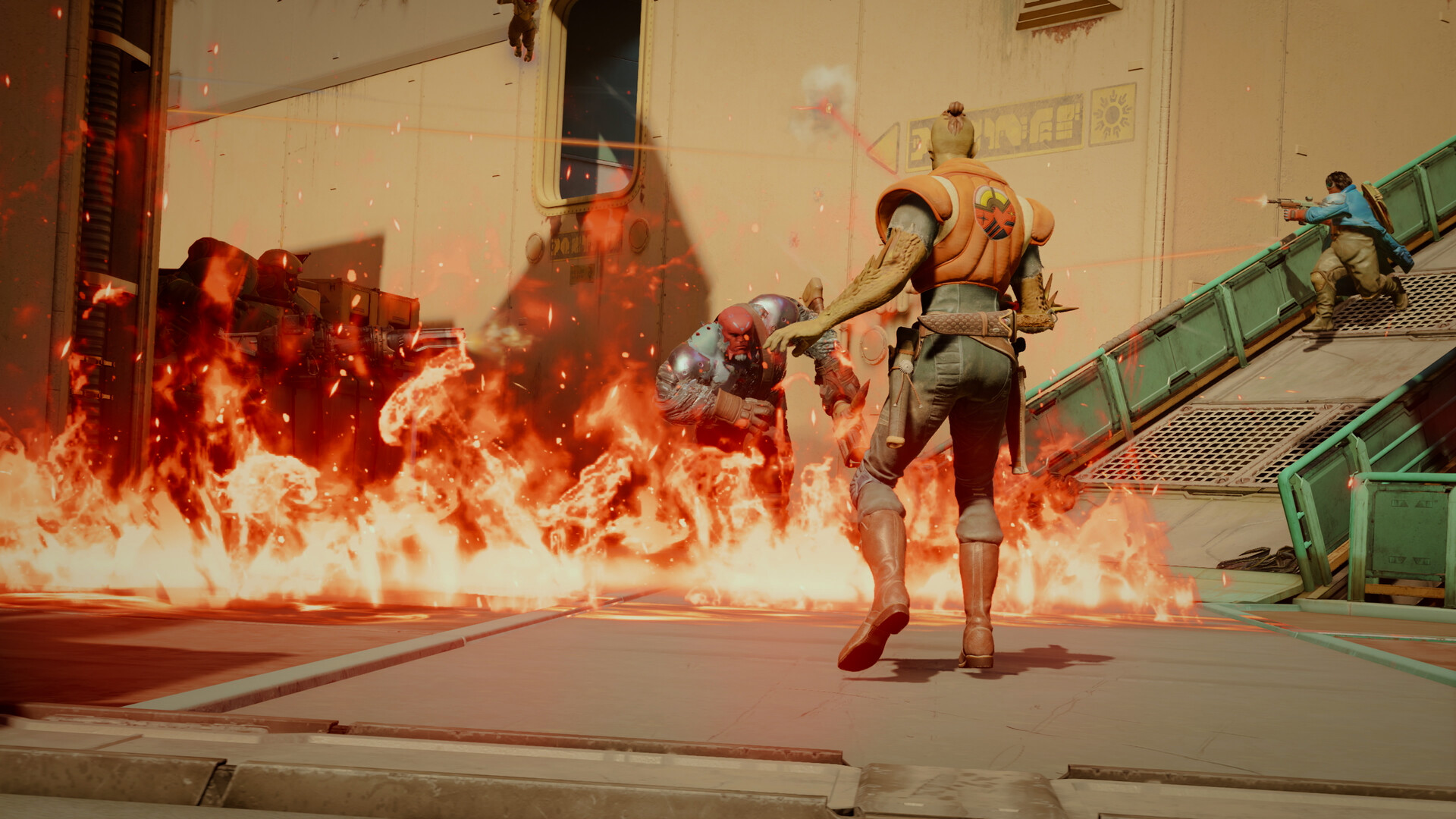
What you need to know
- Sony has announced it's closing two of its PlayStation studios in an internal email from Sony Interactive Entertainment CEO Herman Hulst to employees that was published publicly by the company.
- The studios being shuttered are Neon Koi and Firewalk Studios. The former was developing an action mobile game, while the latter created the ill-fated PS5 and Windows PC hero shooter Concord.
- Hulst wrote that Sony ultimately came to the conclusion that these decisions were "the right ones to strengthen the organization," with the company moving to "concentrate on titles that are in-line with PlayStation Studios’ pedigree and have the potential to reach more players globally."
- Reportedly, 210 employees in total have been affected, with 172 employees at Firewalk and 38 at Neon Koi losing their jobs. Hulst did note that Sony will work to move affected workers to other PlayStation positions "where possible," however.
Yet again, I'm reporting on studio closures and developer layoffs in the midst of what have been some of the most tumultuous years in the gaming industry's history.
The latest cuts come from Sony, the creator of the PlayStation brand and the company that oversees its first-party game projects. Specifically, the firm is shutting down two studios — mobile game developer Neon Koi and Firewalk Studios — with the former's unannounced action game and the latter's unsuccessful hero shooter Concord both cancelled and sunset permanently.
An internal email from Sony Interactive Entertainment CEO Herman Hulst to employees published publicly reveals that Neon Koi is being shuttered as part of an approach to "concentrate on titles that are in-line with PlayStation Studios’ pedigree and have the potential to reach more players globally." The decision to close Firewalk and retire Concord, meanwhile, came after Sony "spent considerable time these past few months exploring all our options" and came to the conclusion that there wasn't a better alternative.
"After much thought, we have determined the best path forward is to permanently sunset the game and close the studio," wrote Hulst. "I want to thank all of Firewalk for their craftsmanship, creative spirit and dedication."
Concord was sensationally taken offline in early September less than two weeks after its launch, with the game completely failing to attract an audience from the oversaturated hero shooter market. Refunds were given to all players immediately afterwards, and many speculated the title may never return. Now, those predictions have come true.
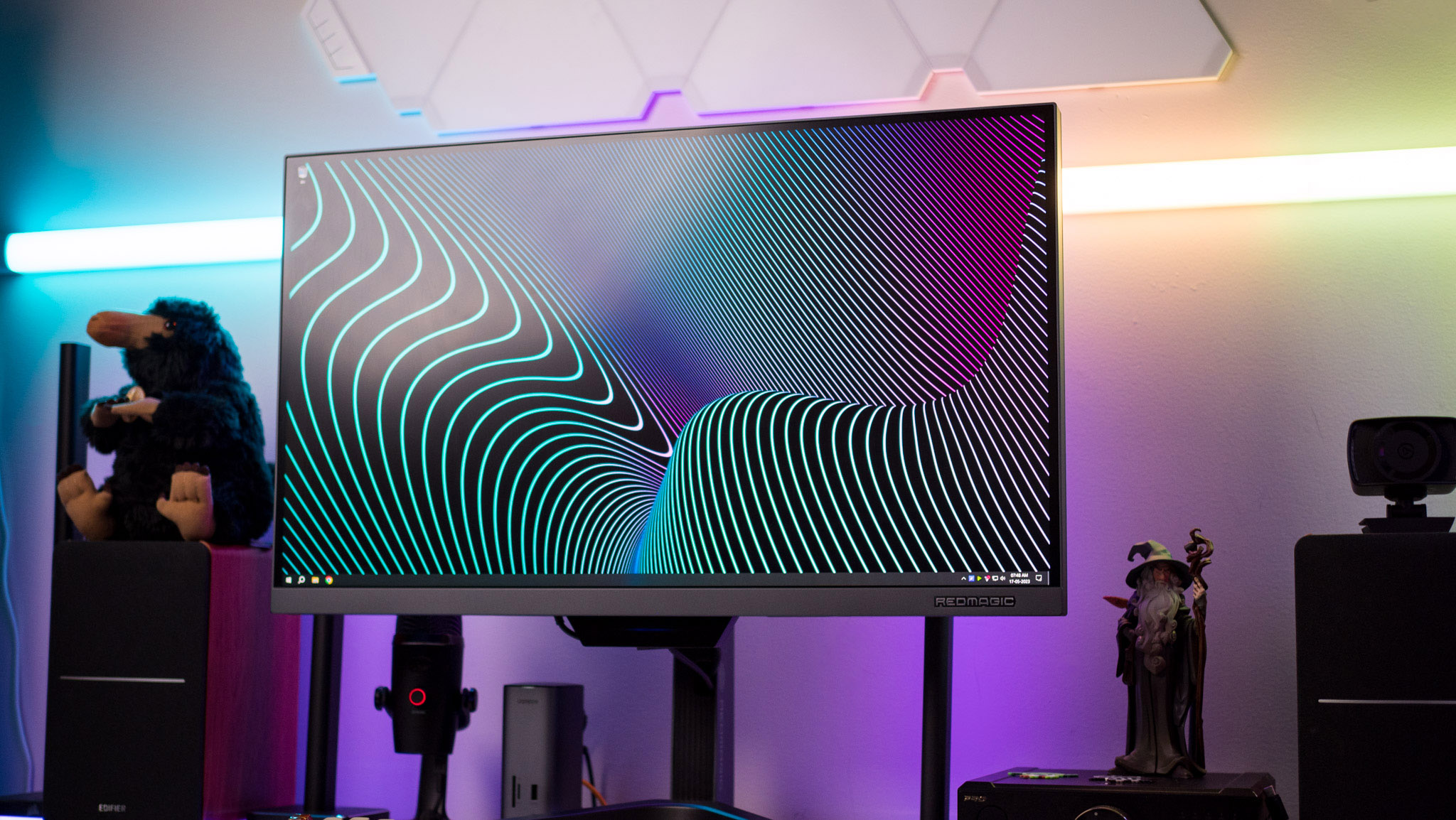
• Best Xbox / PC headsets in 2024
• Best upcoming Xbox / PC games
• Best Xbox controllers
• Best Xbox accessories
• Best small gaming PCs
• Best gaming laptops in 2024
A spokesperson reportedly told Bloomberg News that 210 developers across the two studios are losing their jobs in total, with 172 employees at Firewalk and 38 at Neon Koi. The internal email does indicate Sony will attempt to move workers to other PlayStation teams "where possible," though doesn't include any specific details.
"I know none of this is easy news to hear, particularly with colleagues and friends departing SIE. Both decisions were given serious thought, and ultimately, we feel they are the right ones to strengthen the organization," wrote Hulst. "Neon Koi and Firewalk were home to many talented individuals, and we will work to find placement for some of those impacted within our global community of studios where possible."
All the latest news, reviews, and guides for Windows and Xbox diehards.
These closures come eight months after Sony laid off 900 PlayStation Studios employees in February, and three after Destiny 2 maker Bungie cut 220 developers as it integrated further into PlayStation. Sony recently acquired the studio after announcing its plan to buy it for $3.6 billion in 2022.
Analysis: What a colossal shame
It's devastating to see even more gaming industry layoffs this year after well over 20,000 jobs were already cut in 2023 and 2024, but here we are. Admittedly, I'm not surprised to see Concord itself shut down forever — I always thought the game was okay, but it's clear that it didn't do anything to stand out from the strong competition in the market — but it's awful to see Firewalk Studios itself get axed from the PlayStation Studios lineup. The developers at Neon Koi will never get to release the game they were working on, either, which is a shame.
As always, both my thoughts and my heart go out to everyone affected by this decision and their families. I sincerely hope that you're able to find new positions inside PlayStation or otherwise quickly, and also hope the wider industry starts to recover sooner rather than later.
🎃The best early Black Friday deals🦃
- 🎮Lenovo Legion Go (512GB) | $499.99 at Best Buy (Save $200!)
- 📺LG Curved OLED 32 (QHD, 240Hz) | $909.99 at Amazon (Save $590!)
- 💻ASUS ROG Zephyrus G14 (RTX 4060) | $1,249.99 at Best Buy (Save $300!)
- 📺HP Omen 27qs (QHD, 240Hz) | $349.99 at Best Buy (Save $80!)
- 🔊2.1ch Soundbar for TVs & Monitors | $44.99 at Walmart (Save $55!)
- 🎧Sennheiser Momentum 4 ANC | $274.95 at Amazon (Save $125!)
- 📺LG C4 OLED 4K TV (42-inches) | $999.99 at Best Buy (Save $400!)

Brendan Lowry is a Windows Central writer and Oakland University graduate with a burning passion for video games, of which he's been an avid fan since childhood. He's been writing for Team WC since the summer of 2017, and you'll find him doing news, editorials, reviews, and general coverage on everything gaming, Xbox, and Windows PC. His favorite game of all time is probably NieR: Automata, though Elden Ring, Fallout: New Vegas, and Team Fortress 2 are in the running, too. When he's not writing or gaming, there's a good chance he's either watching an interesting new movie or TV show or actually going outside for once. Follow him on X (Twitter).
